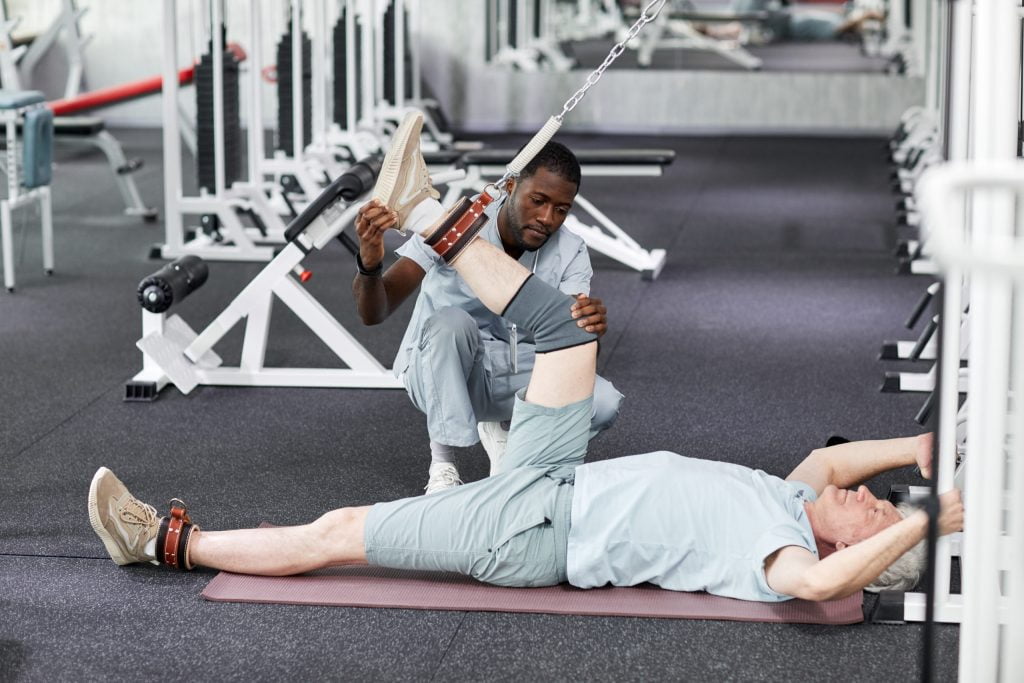When you’re busy working on maintaining your sobriety on the path of recovery from substance use disorder, it can be challenging to focus on much else. One of the best ways to focus on your recovery is with recovery coaching to help guide you through this journey. For example, recovery coaching at Archway House in Thousand Oaks, California is designed to help residents do just that. However, what you may not realize is how important the role of physical activity will play in your recovery journey.
The role of exercise in addiction recovery is often undervalued. Exercise has been shown to be beneficial for mental health, and can help to ease the symptoms of withdrawal and reduce stress. In this article, we explore the role of physical activity in addiction recovery, and how it can help to support other treatment methods.
Regulate Moods

Mood swings are common in people who struggle with substance use disorder, especially in the early stages of recovery. Exercise can help regulate moods, reducing stress, anxiety, and depression — all of which can be major triggers for substance use.
Exercise releases endorphins, which are hormones that interact with the brain to reduce pain and trigger a positive feeling. This “high” can help regulate moods and provide a distraction from negative thoughts or cravings.
Overall, exercise is an important tool in managing moods and reducing the risk of relapse in substance use recovery. It is a safe, healthy, and affordable way to improve overall health and well-being, and can be a valuable addition to any recovery program.
Increase Self-Confidence and Self-Esteem
Exercise can play a significant role in increasing self-confidence and self-esteem. For many people, substance use disorders and low self-esteem often go hand-in-hand. When people feel good about themselves, they’re less likely to turn to drugs or alcohol for comfort. Exercise can help people feel better about themselves physically and mentally, which can lead to a reduction in substance use.
This increase in confidence can also help people feel more in control of their lives. When people feel like they’re in control, they’re less likely to feel the need to use drugs or alcohol to cope with difficult situations. Exercise can help people feel more confident and capable, which can lead to a more positive outlook on life.
Self-confidence and self-esteem are important aspects of overall mental health. When people have confidence, they’re more likely to be happy and successful. Exercise can play a role in improving both self-confidence and self-esteem, which can lead to a more productive recovery journey.
Improve Sleep Quality

Physical activity has been shown to play an effective role in improving sleep quality. Why is improved sleep quality so important in substance use recovery? One reason is that poor sleep can lead to cravings for drugs or alcohol. Poor sleep can also increase stress levels and make it difficult to stay focused and motivated. When you’re able to get a good night’s sleep, you’re more likely to stay on track with your recovery goals.
Exercise has been shown to improve sleep quality. In a study of individuals in treatment for substance use disorders, those who exercised reported improved sleep quality, fewer awakenings during the night, and less use of sleeping pills.
So, not only does exercise play a role in substance use recovery by helping reduce cravings and promote recovery, but it can also help to improve sleep quality, which is critical for maintaining sobriety.
Physical Activity and Your Recovery Journey
As you can see, physical activity plays a critical role in many different aspects of substance use recovery. It can regulate mood, increase self-confidence, and improve sleep quality. So, gather some friends, hit the artificial turf fields, and play a pickup game to get yourself active during your recovery journey.











